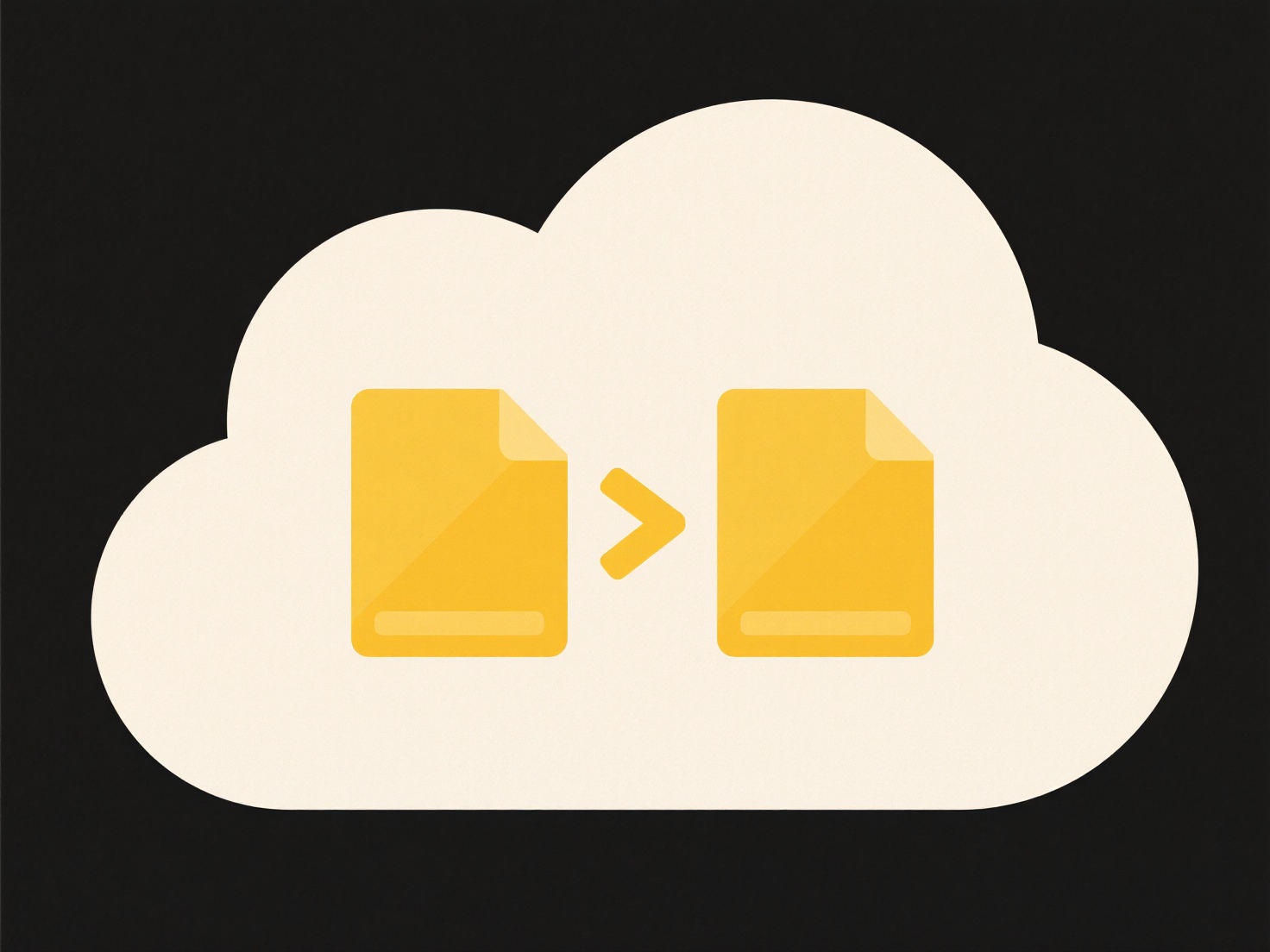
Owner and editor are distinct roles defining different access levels within systems or platforms. The owner role represents the primary user who possesses ultimate authority over a resource, such as a document, file, project, or asset. This typically includes full access to view, edit, share, configure permissions, transfer ownership, and even permanently delete the resource. In contrast, an editor role grants significant, but usually not complete, access: editors can freely view and modify the content itself and often share access (depending on platform settings), but they lack permission to perform foundational administrative actions like altering core ownership settings, account management, or overarching permission structures beyond what the owner allows.

Common examples illustrate this well. In platforms like Google Workspace (Docs, Sheets) or Microsoft 365 (Word, Excel online), an editor can change the text, add comments, and collaborate with others on the content. They might be able to invite others as viewers or additional editors, but they cannot remove the original owner, permanently delete the file system-wide, or change critical sharing controls set by the owner. Similarly, in a project management tool like Asana or Trello, an editor can manage tasks, assignees, and deadlines within a project board, but cannot alter project membership or billing settings reserved for the owner or admins.
The key difference lies in control and responsibility. Owners hold exclusive rights to critical administrative functions and bear ultimate responsibility for the resource. Editors have powerful collaboration capabilities focused solely on content manipulation within boundaries set by the owner. This distinction balances collaboration needs with ensuring ultimate control and security remain with a designated individual, preventing accidental or unauthorized administrative changes. Consideration for ethical and secure access management is implicit in this role separation.
What is the difference between owner and editor roles?
Owner and editor are distinct roles defining different access levels within systems or platforms. The owner role represents the primary user who possesses ultimate authority over a resource, such as a document, file, project, or asset. This typically includes full access to view, edit, share, configure permissions, transfer ownership, and even permanently delete the resource. In contrast, an editor role grants significant, but usually not complete, access: editors can freely view and modify the content itself and often share access (depending on platform settings), but they lack permission to perform foundational administrative actions like altering core ownership settings, account management, or overarching permission structures beyond what the owner allows.

Common examples illustrate this well. In platforms like Google Workspace (Docs, Sheets) or Microsoft 365 (Word, Excel online), an editor can change the text, add comments, and collaborate with others on the content. They might be able to invite others as viewers or additional editors, but they cannot remove the original owner, permanently delete the file system-wide, or change critical sharing controls set by the owner. Similarly, in a project management tool like Asana or Trello, an editor can manage tasks, assignees, and deadlines within a project board, but cannot alter project membership or billing settings reserved for the owner or admins.
The key difference lies in control and responsibility. Owners hold exclusive rights to critical administrative functions and bear ultimate responsibility for the resource. Editors have powerful collaboration capabilities focused solely on content manipulation within boundaries set by the owner. This distinction balances collaboration needs with ensuring ultimate control and security remain with a designated individual, preventing accidental or unauthorized administrative changes. Consideration for ethical and secure access management is implicit in this role separation.
Quick Article Links
How do I search inside PDF or Word documents?
Searching within PDF and Word documents involves finding specific words, phrases, or patterns inside the digital content...
How do I securely share content with customers?
Securely sharing content with customers involves using methods and tools that protect sensitive information during trans...
Why does the file name change when uploading to Google Drive?
When uploading files to Google Drive, the filename might change only if a file with the exact same name already exists i...